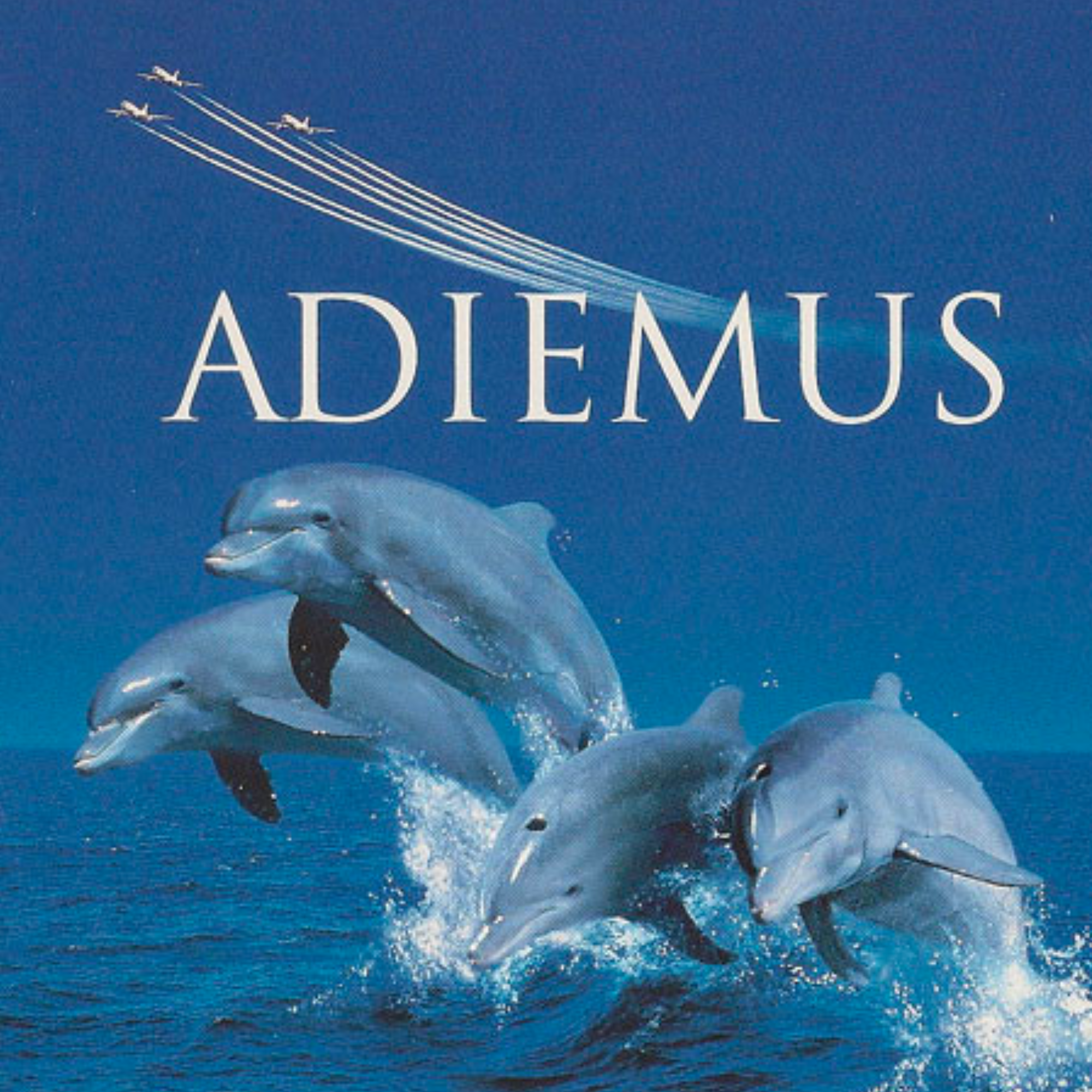- Studio Dirt
- Posts
- Y2K
Y2K
Essays on the future that never was.

Daisy Alioto in conversation with Colette Shade.
I realized all of the computers weren’t going to explode when my parents still got a babysitter and went out on New Year’s Eve in 1999. But there was still that frisson of excitement—a New Millennium. A year with three zeroes, the first year with a zero that I lived through.
In Colette Shade’s forthcoming Y2K: How the 2000s Became Everything (Essays on the Future That Never Was), she pops this vision of the future like a tube full of confetti. Perhaps, given her interest in the aesthetic, technological, and cultural, the essay collection bears the most resemblance to a dinner where placed on every plate is a floppy disc instead of a party cracker (a sourceless anecdote I read online). Yes, that must be it. We smashed the future to bits and bytes and now we’re in it.
I caught up with Shade by phone to talk more about the book. —Daisy Alioto

Daisy Alioto: How did you choose which touchstones would be representative of the era?
Colette Shade: Because this book is part memoir, it’s operating on three levels: the personal, the cultural, and the economic/historical/political/technological.
I picked the things that I was personally consuming during the Y2K era, versus things from a general overview. You’ll notice there’s a lot of stuff about fashion: shopping at the mall, butterfly hair clips, silver eyeshadow. And then later, McBling aesthetics, Juicy Couture and spray tans.
You’ll notice there’s also a lot of writing about music videos. I watched a lot of MTV. There’s not a lot about sports because I was less interested in sports at the time.
Aside from my adolescent interests, there's a specific story that I wanted to tell about the bigger historical narrative, about money and capitalism during this era of American history. And so I selected objects that I thought could best tell that story as well.
You’ll notice there’s a lot of stuff about fashion: shopping at the mall, butterfly hair clips, silver eyeshadow.
DA: I've seen a lot of critiques in the fashion world about things labelled “Y2K fashion” that aren’t actually accurate to the era. Beyond what people were wearing, what do people get wrong about Y2K nostalgia?
CS: I think the biggest thing people get wrong is that they confuse two different aesthetics and two different sub-eras within Y2K.
I periodize Y2K as 1997 through 2008. So basically the inflation of the dot-com bubble, which technically started in 1995, but in my opinion, didn't really filter into influencing the broader culture till around ‘97. So I started in 1997, and then I ended in 2008 with the explosion of the housing bubble in the beginning of the subsequent recession. And then bisecting that is 9/11.
That first period of time is people trying to dress for the New Millennium and the new cyber, interconnected, peaceful world. And then after 9/11, it goes more to the McBling look: Paris Hilton and giant ostentatious handbags from Louis Vuitton. And McMansions are also part of this as well. It was like this super, almost nihilistic kind of demonstration of wealth.
There was just so much ambient cruelty, and I know there's a lot of ambient cruelty right now, but it really felt like there was more cruelty and less resistance.
DA: I feel like another thing people get wrong is how deeply conservative the era was. That's something that seems to run through as a thread in a lot of the essays.
CS: Yes, absolutely. And I think it got more conservative after 9/11. And actually Richard Beck in his book Homeland that came out this year does a really good job describing all of those shifts, both kind of civic, political and cultural. There was just so much ambient cruelty, and I know there's a lot of ambient cruelty right now, but it really felt like there was more cruelty and less resistance.
I talk in one of the essays about the popularity of purity culture. I grew up in a secular family that went to a Unitarian church, which is not even a church. It's a social club for liberals. And I say it's not a church because they don't have any holy books or prayers. Their beliefs are basically, everyone be nice to each other, which is fine, I guess. They had this comprehensive sex ed program for teens, which was sort of unheard of at the time. Purity culture is another defining quality of the era that we sometimes forget about.
DA: There’s a lot of melancholy in the book and disappointment around things that didn't come to pass. Obviously, it seems like we're in a similar moment with technology driving a disproportionate amount of the culture, or at least attempting to and the political agenda, but is there anything that gets you excited for the future right now?
CS: [Pauses] I'm sort of on a religious exploration right now, and so I think God and the belief that nothing lasts forever. A lot of the ills of the Y2K era and our own era come out of our inability to live with humility and limits.
A lot of the ills of the Y2K era and our own era come out of our inability to live with humility and limits.
Nothing lasts forever. The shared human condition is that we all die, despite certain tech people trying to live forever. Paradoxically, it gives me hope that this awful moment will not last forever. I have faith that something better will triumph ultimately. 🫧

FURTHER READING
|

